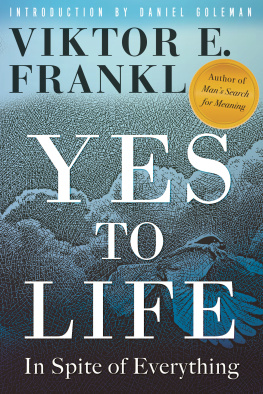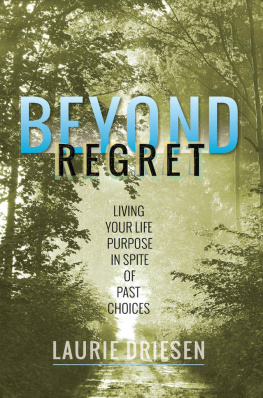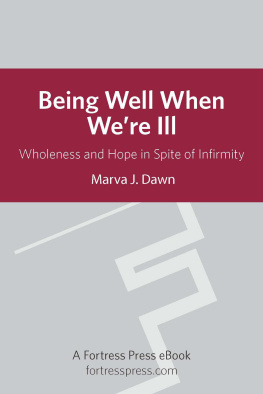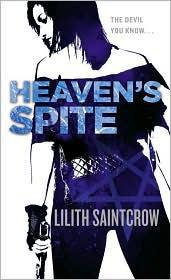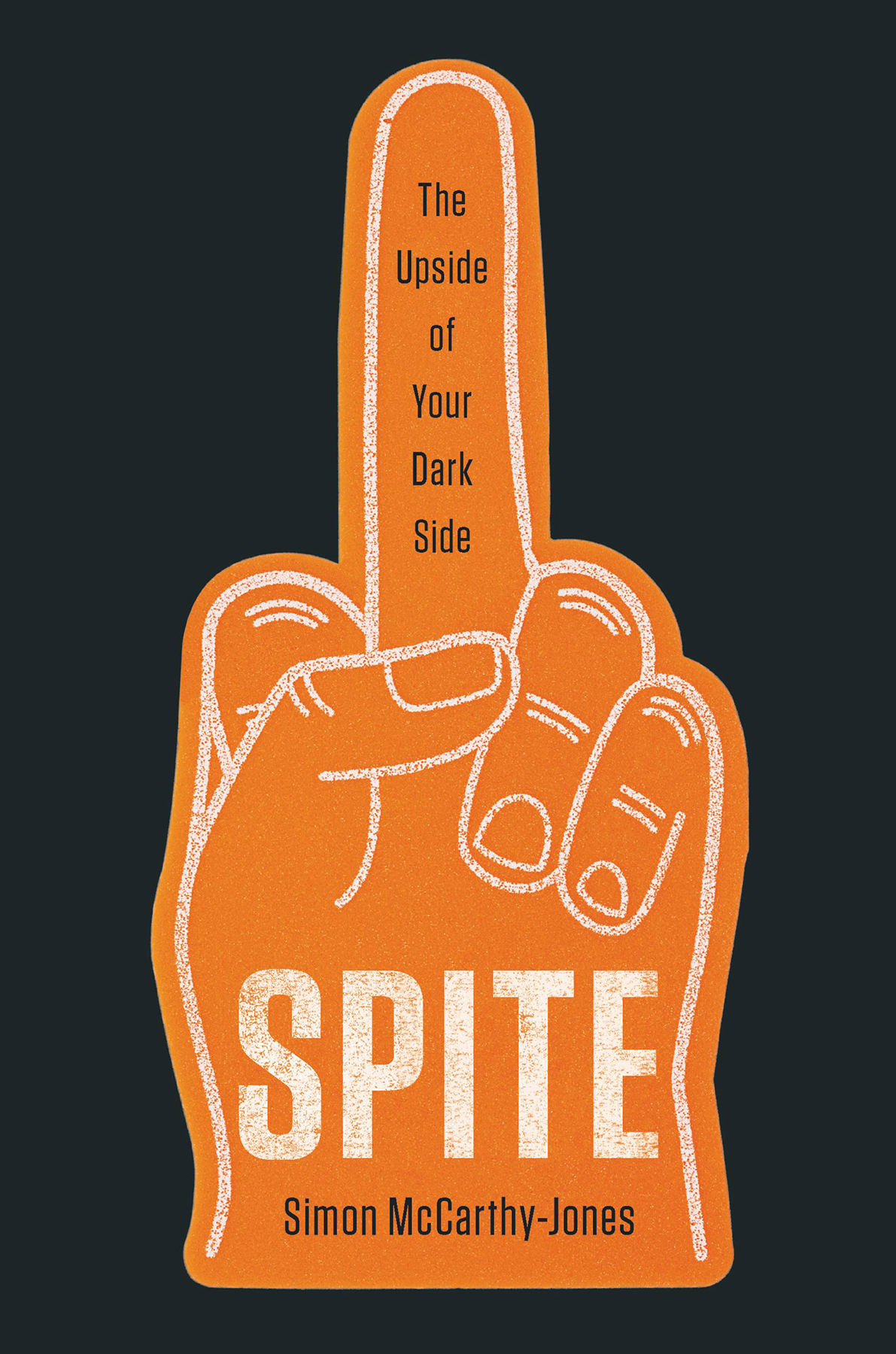
Copyright 2021 by Simon McCarthy-Jones
Cover design by Chin-Yee Lai
Cover images: Michael Burrell / Alamy Stock Photo; Itsmesimon / Shutterstock.com
Cover copyright 2021 Hachette Book Group, Inc.
Hachette Book Group supports the right to free expression and the value of copyright. The purpose of copyright is to encourage writers and artists to produce the creative works that enrich our culture.
The scanning, uploading, and distribution of this book without permission is a theft of the authors intellectual property. If you would like permission to use material from the book (other than for review purposes), please contact permissions@hbgusa.com. Thank you for your support of the authors rights.
Basic Books
Hachette Book Group
1290 Avenue of the Americas, New York, NY 10104
www.basicbooks.com
Originally published in 2020 by Oneworld Publications in Great Britain
First US Edition: April 2021
Published by Basic Books, an imprint of Perseus Books, LLC, a subsidiary of Hachette Book Group, Inc. The Basic Books name and logo is a trademark of the Hachette Book Group.
The Hachette Speakers Bureau provides a wide range of authors for speaking events. To find out more, go to www.hachettespeakersbureau.com or call (866) 376-6591.
The publisher is not responsible for websites (or their content) that are not owned by the publisher.
Library of Congress Cataloging-in-Publication Data
Names: McCarthy-Jones, Simon, 1978 author.
Title: Spite: the upside of your dark side | Simon McCarthy-Jones.
Description: First US edition. | New York: Basic Books, [2021] | Includes bibliographical references and index.
Identifiers: LCCN 2020044414 | ISBN 9781541646995 (hardcover) | ISBN 9781541646988 (ebook)
Subjects: LCSH: RevengeSocial aspects.
Classification: LCC BF637.R48 M377 2021 | DDC 152.4dc23
LC record available at https://lccn.loc.gov/2020044414
ISBNs: 978-1-5416-4699-5 (hardcover); 978-1-5416-4698-8 (ebook)
E3-20210310-JV-NF-ORI
S pite runs deep. We find it in our oldest stories. It is there in the myths of ancient Greece. Medea kills her children, just to spite her unfaithful husband, Jason. Achilles refuses to help his Greek comrades fight because one of them has stolen his slave. Folklore tells of spite. A magical being offers to grant a man one wish. Naturally, there is a catch. Whatever he gets, his hated neighbor will get double. The man wishes to be blind in one eye. Such stories, although buried in time, still speak of an instantly recognizable behavior.
Today, we know that spite can be petty. A driver lingers in a parking space, just to make you wait. A neighbor puts up a fence, solely to block your view. We may also realize how damaging spite can be. A spouse seeks custody of a child, just to get back at their ex. A voter supports a candidate they hope will cause chaos. But are we prepared to recognize that spite may have a positive side?
What exactly is spite? According to the American psychologist David Marcus, a spiteful act is one where you harm another person and harm yourself in the process. Yet, as Marcus points out, a strong definition of spite, in which harming another entails a personal cost, helps differentiate it from other hostile or sadistic behaviors.
Indeed, a helpful way to understand spite is to look at what it isnt. When we consider the costs and benefits of our actions, there are four basic ways we can interact with another person. Two behaviors involve direct perks for us. We can act in a way that benefits both ourselves and the other (cooperation) or in a way that benefits ourselves but not the other (selfishness). A third behavior involves a cost to us but a benefit to the other. This is altruism. Researchers have dedicated lifetimes to the study of cooperation, selfishness, and altruism. But there is a fourth behavior, spite. Here we behave in a way that harms both ourselves and the other. This behavior has been left in the shadows, which is not a safe place for it to be. We need to shine a light on spite.
Spite is challenging to explain. It seems to present an evolutionary puzzle. Why would natural selection not have weeded out a behavior in which everybody loses? Spite should never have survived. If your spite benefits you in the long run, then its continued existence becomes comprehensible. But what about spiteful acts that dont give you long-term benefits? How can we explain those? Do such acts even exist?
Spite also poses a problem for economists. What kind of person acts against their self-interest? For the longest time, economists didnt think there was a problem to explain. The famous eighteenth-century economist Adam Smith claimed that people were not very frequently under the influence of spite, and that even if it did occur we would be restrained by prudential considerations. In the greed is good era of the 1980s, many may have believed that this estimate was on the low side.
Economists viewed humans as a creature called Homo economicusa being that acted rationally to maximize its self-interest. Self-interest was typically, though not always, understood in financial terms., back in 1977 a groundbreaking study found that people were often quite happy to turn down free money. Adam Smith had been overoptimistic. Something very real and very powerful lurked in Tullocks residual percentage.
Spite involves harm, but what constitutes harm? Who gets to decide whether an act is harmful and thereby has the power to define an act as spiteful? To take an extreme example, does a suicide bomber, who thinks they will be rewarded in the next life and their family compensated in this life, harm themselves or not?
Evolutionary biologists possess an objective measure of harm: a loss of fitness (reproductive success). We will look at spiteful acts involving a loss of personal fitness, so-called evolutionary spite, in . In contrast, economists and psychologists tend to focus on harm in the form of immediate personal costs. This psychological spite can turn out to have unforeseen long-term personal benefits. Such spite ages well, maturing into selfishness.
Once we are happy with our definition of spite, two questions remain. First, what drives someone to act spitefully in the moment? That is, how does spite work? This is spites proximate explanation. Second, what is the deeper reason we are spiteful? Why does spite exist? What is its evolutionary function? This is the ultimate explanation of spite. To take an example from another area: why do babies cry? The proximate explanation may be cold or hunger, but the ultimate explanation is to get care from its parents. What are the equivalent answers for spite?
When we have an ultimate explanation of spite, we can begin to consider the pressing question of how spite shapes the modern world. A love of sugar and fat helped our ancestors, pushing them to eat high-energy foods. Yet in the Western world today, where cheap sugary and fatty foods are ubiquitous, what was once adaptive now causes diabetes and heart disease. What happens when our evolved spiteful side runs into a world it was never meant to deal with? What are the effects of spite in a world with levels of economic inequality, perceived injustice, and social mediaenabled communication that would be utterly alien to our ancestors?
The problem is pressing because spite seems more than dangerous. From some angles it looks like human kryptonite. Spite is, by definition, the exact opposite of cooperation, which is worrying, because cooperation is our species superpower. Our success as a species has come from our remarkable ability to work together. Although even slime molds cooperate,




